Mental Health and Wellness Resources
Mental well-being means the ability to realize your potential and the ability to cope with every day stressors. Taking care of our mental well-being may look different for different people and can change as we are faced with new challenges.
General Resources
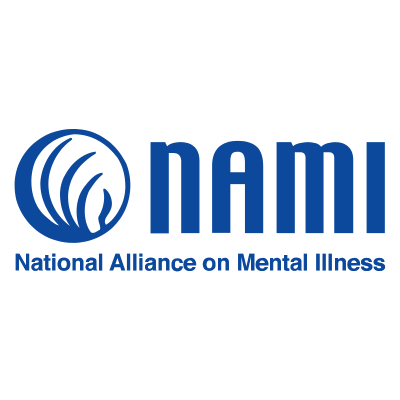
National Alliance on Mental Illness (NAMI)
Working to educate, support, advocate, listen and lead to improve the lives of people with mental illness and their loved ones, NAMI provides information and advocacy. Learn about the symptoms and recommended treatments for a number of conditions, from anxiety disorders, to addiction, to PTSD, and more.
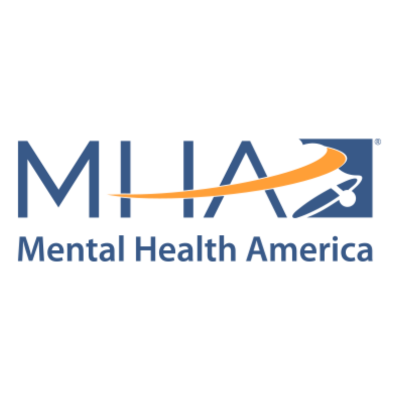
Mental Health America (MHA)
The MHA provides free screening tools for a variety of conditions from depression, to ADHD, to eating disorders, as well as tools for children and youth. Other resources include connections to treatment options, as well as an AI Assistant for dealing with negative thinking.
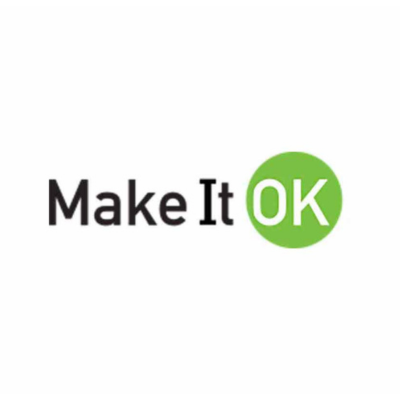
Make It OK
The campaign is dedicated to helping people recognize and eliminate the stigma of mental illness. Resources include individual and organizational tranining and tool kits.

Be There
Taking the next steps after talking about mental illness, Be There is dedicated to educating people in how to proactively support friends and loved ones dealing with mental illness. Earn your Be There Certification online, and learn how to recognize when someone is struggling and safely support them while maintaining your own mental health.

CDC – Coping with Stress
Learning to cope with stress in a healthy way will help you, the people you care about, and those around you become more resilient. The Centers for Disease Control (CDC) provides advice and resources for stress management, including reducing negative story intake, limiting chemical use, and increasing social interaction.
Digital Detox
Resources for Individuals
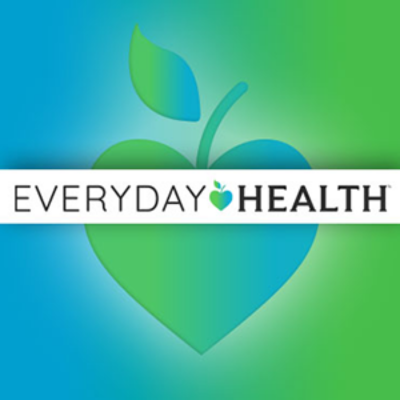
Everyday Health: How to Do a Digital Detox Without Unplugging Completely
Excess tech use may be getting in the way of your wellness. Try these expert-backed strategies to become a little less attached to your devices.

Newport Institute: 5 Steps for How to Do a Digital Detox
We are constantly plugged in to the virtual world. Our daily lives consist of regularly checking emails, responding to texts from friends, mindlessly scrolling through Instagram or TikTok, and getting news alerts. Since the pandemic, we’ve become used to socializing, going to school, and meeting with colleagues online as well. That makes the question “What is a digital detox?” even more essential.
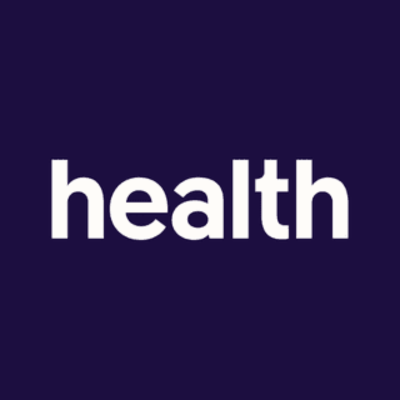
Health.com: Digital Detox – Your 10-Step Guide
The key to staying healthy in our hyperconnected world is adopting sustainable habits around the way we use tech.
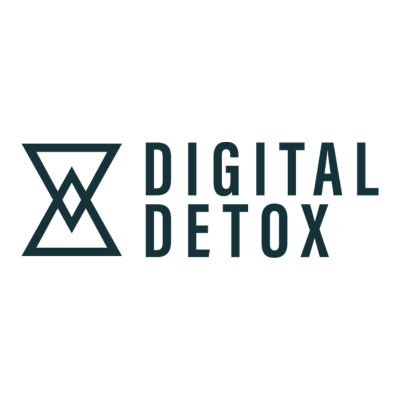
Digital Detox
At Digital Detox, we want you to have the skills to help you slowly bring your life and phone use back into balance—so technology can help you be a better parent and friend and partner and colleague.
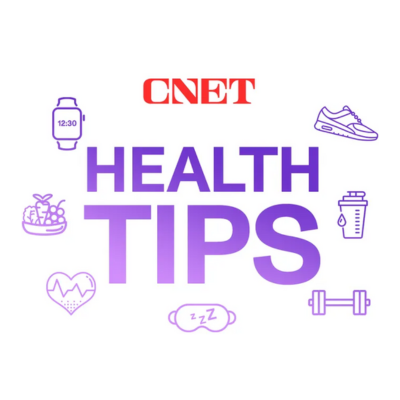
5 Reasons You Should Unplug from Social Media for Your Mental Health
Spending time offline can help you foster better relationships IRL. Here’s how to start.
Resources for Parents of Children and Teens
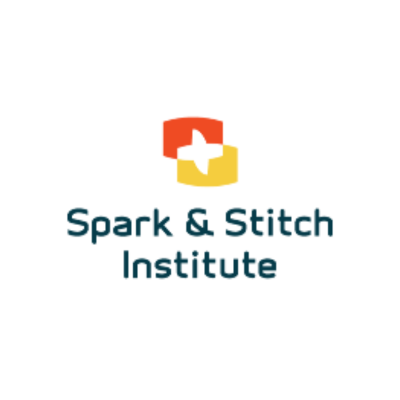
Spark & Stitch Institute: Addressing your screen time struggles with science and understanding
This blog contains several articles and resources about the affects of screen time on children and teens.
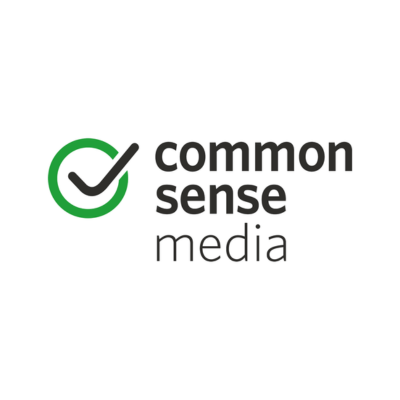
Common Sense Media: Trusted ratings with families in mind
Ever wonder how to find age-appropriate movies, tv shows, books, or games for your children? Common Sense Media provides ratings and suggested ages for all media types for parents to use as a guide.
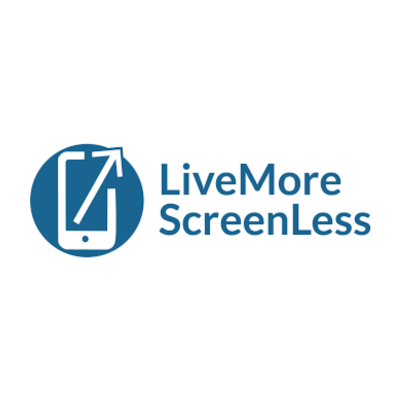
LiveMore ScreenLess
LiveMore ScreenLess advocates and promotes digital wellbeing for and with young people. Check out their website geared towards young people, educators and families which features several resources, upcoming events, and links to podcasts and webinars.
Suicide Awareness & Prevention
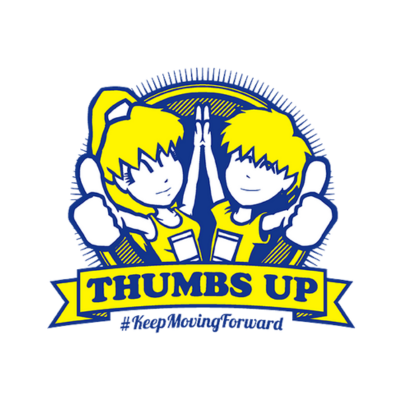
Thumbs Up
Bringing awareness to mental health and providing support and resources to all. #KeepMovingForward
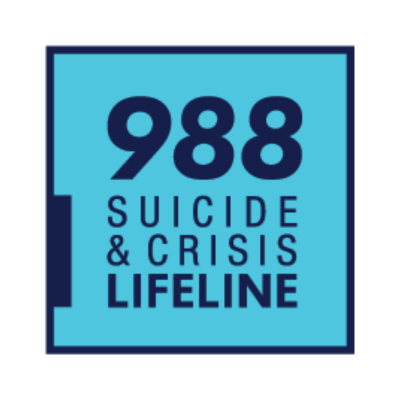
988 Suicide & Crisis Lifeline
The Lifeline provides 24/7, free and confidential support for people in distress, prevention and crisis resources for you or your loved ones, and best practices for professionals in the United States.
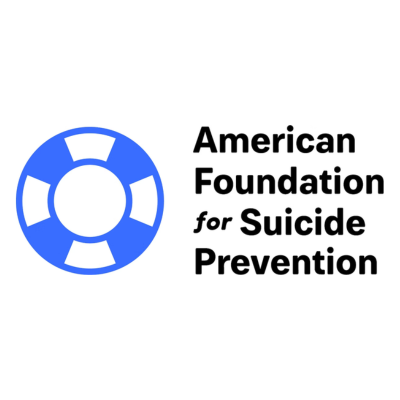
Talk Away the Dark – American Foundation for Suicide Prevention
“We might worry that saying the wrong thing will make it worse. So, we end up not saying anything – even though a few kind words can make the difference in connecting someone to help or supporting someone who experienced a suicide loss.”

Centers for Disease Control and Prevention – Suicide Prevention
Find programs and resources related to suicide prevention.
Mindfulness and Meditation Resources
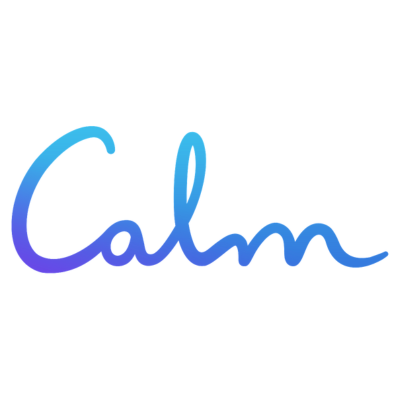
Calm
Calm is designed to provide in-the-moment stress and anxiety relief, help falling and staying asleep, and guidance for living more mindfully.

Headspace
The Headspace program teaches you the life-changing skills of meditation and mindfulness in just a few minutes a day. Begin meditation practice with a 10-day beginner’s course, available during the free trial period.

InsightTimer
The InsightTimer meditation app includes more than 190,000 guided meditations, 17,000 teachers, and a popular meditation timer. Use for dealing with stress, managing anxiety, and improving sleep.
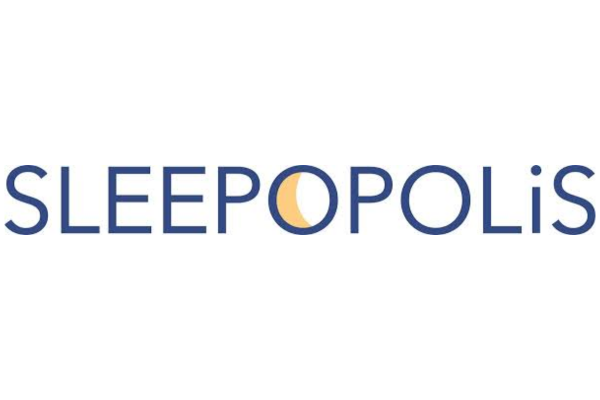
The Science Behind Meditation for Sleep
This article reviews the relationship between sleep and meditation, and includes a variety of medication techniques designed to improve sleep. Meditation can help improve your sleep by reducing your stress and anxiety levels.
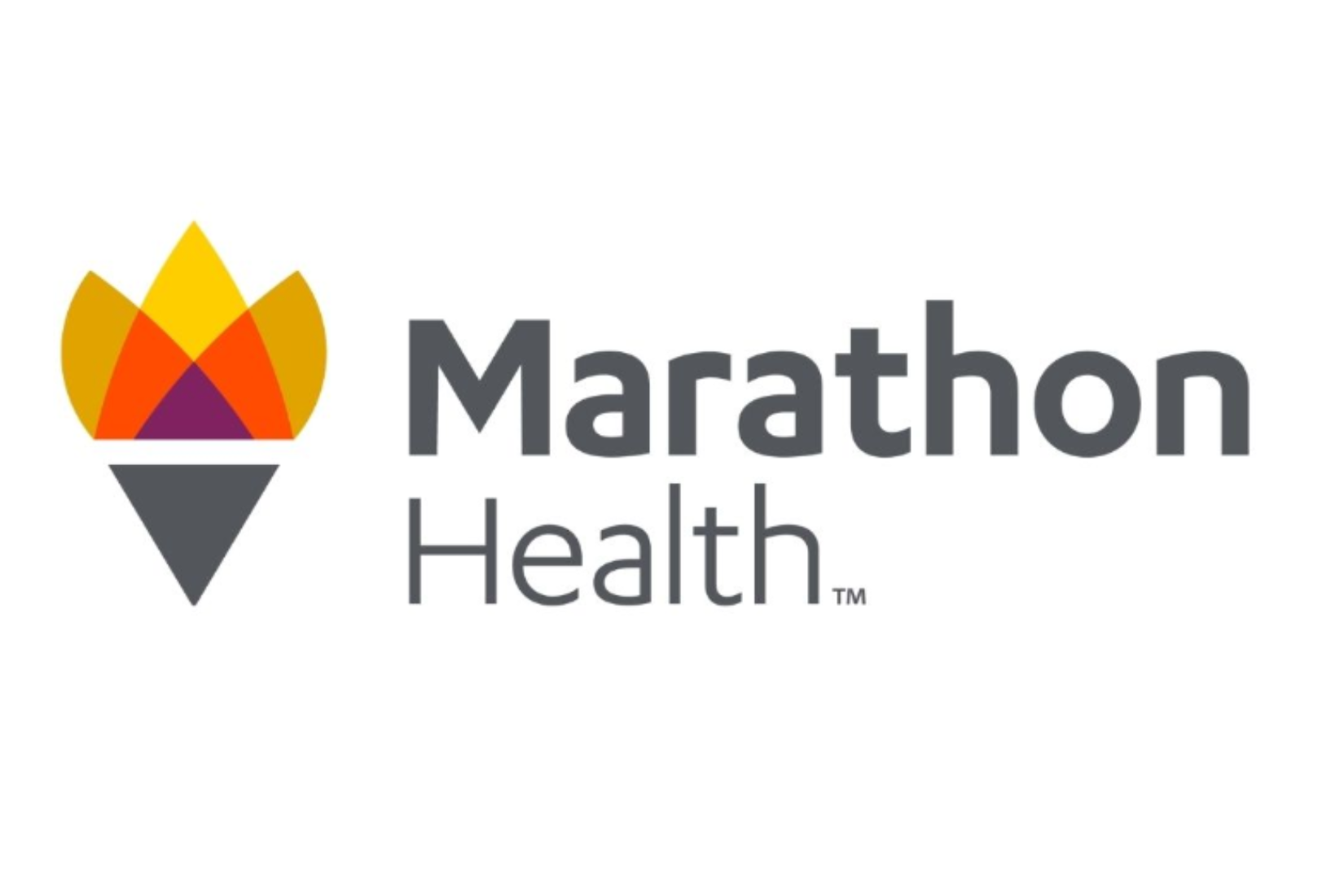
Marathon Health Breathing and Mindfulness Resources
Mental and physical health are deeply connected. Marathon Health provides a variety of resources for aiding both. The breathing exercises are designed to help you calm your nervous system and dreate positive changes in your mind and body. The mindfulness practices can lead to decreased blood pressure, improved memory, and help with managing anxiety and depression, among other possible benefits.



